Maybe I need a vacation, maybe. I ask myself that when an mglit book that I’m reading is challenging to get through. It’s a saying that I echo even more so when it’s the second book in a series to which I really enjoyed the first one. The Afterlife of the Party is an mglit book that I should have loved. Grounded For All Eternity is an mglit book that we really enjoyed. In theory, a sequel would’ve been one that resonated as quickly with us, but that wasn’t the case, and I’m not sure why.
Great illustration, book doesn’t measure upCategory: mglit
Infested is age-appropriate horror for the reluctant teen reader soul
Stop me if you’ve heard this, but when I was a youth I was a reluctant reader. Throughout my life I’ve always read comic books, however, it wasn’t until I started reading horror that I truly enjoyed reading. Back then it was Clive Barker, Stephen King, and any horror movie adaptations that I could get my hands on. Infested is mglit that is cut from a similar cloth and directed at the same 13-17-year-old readers who don’t want to. Older readers or educators will immediately be skeptical because Infested is from MTV Entertainment Books. If you’re old enough to say Martha Quinn let’s all get “but they don’t play music videos” out of our system now so that we can move on with the order of talking about the book.
Scary things for the middle and high school soulMolly and the Mutants lays glorious 80’s waste to the sophomore curse
Molly and the Mutants, it sounds like a bubblegum band from the 60’s, doesn’t it? Assuming that you’re reading for non-classroom purposes, reading should be fun. It’s an experience that can transport you to a different world, relax your brain, make you think, and perhaps even make you cry, but it should be fun. And wow, did Moll and the Mutants ever get the fun memo and is running with it down the halls of upper elementary school and mglit fiefdoms across the land.
MGLit in a festive, sci-fi, ’80s wrapper for ages 8 and upFinch House nails the age-appropriate scary scene for ages eight and up
The other year I read The Thief of Always to a group of fifth-grade students. I personally had read some Clive Barker before and wasn’t familiar with this dark fantasy release that’s come to be a modern-day classic. What makes that book so awesome is what makes Finch House, a really great book for those middle-elementary school through lower middle-school readers. It’s age-appropriate scary, which is a really tough characteristic to nail down because if it’s too soft then the young readers will see it as babyish and if it’s too graphic then it won’t be attractive to those readers at all.
finicky mglit readers who want genuine creeps bewareIn the Tunnel, realistic fiction that breathes life into mglit
There is a reason that people read different types of genres. If you read stories that roughly revolve around the same characters or situations that you’re used to then your perspective will never expand or be challenged. Don’t misinterpret that sentence. By “challenge” I mean “to grow” or expand what you think that you know, and not to confront or bicker merely for the sake of argument. Granted, some books will certainly troll or bait folks into circular conflict, but literature like that is easy to spot. Into the Tunnel is realistic fiction that “challenges” mglit readers in just the right way.
Branch on out and try mglit with a historical fiction, humanity vibeThe Curious League of Detectives and Thieves 2: S.O.S, is story strong mglit
Charming is an underused and dangerous word to describe mglit. Some readers might view it as a less juvenile way to describe something when you’re tempted to use ‘cute’. The kitten is cute. The behavior of someone else’s six-year-old child is cute. The behavior of any 10-year-old does not want to be perceived as cute. That’s the sort of behavior that causes your grandmother to pinch your cheeks, and no self-respecting kid over eight wants that. The Curious League of Detectives and Thieves 2: S.O.S. by Tom Phillips, is a very charming book in the best of all possible ways. It’s mglit that’s the second one in the series and has enough humor, action, and intrigue to hook readers who are in middle school and older.
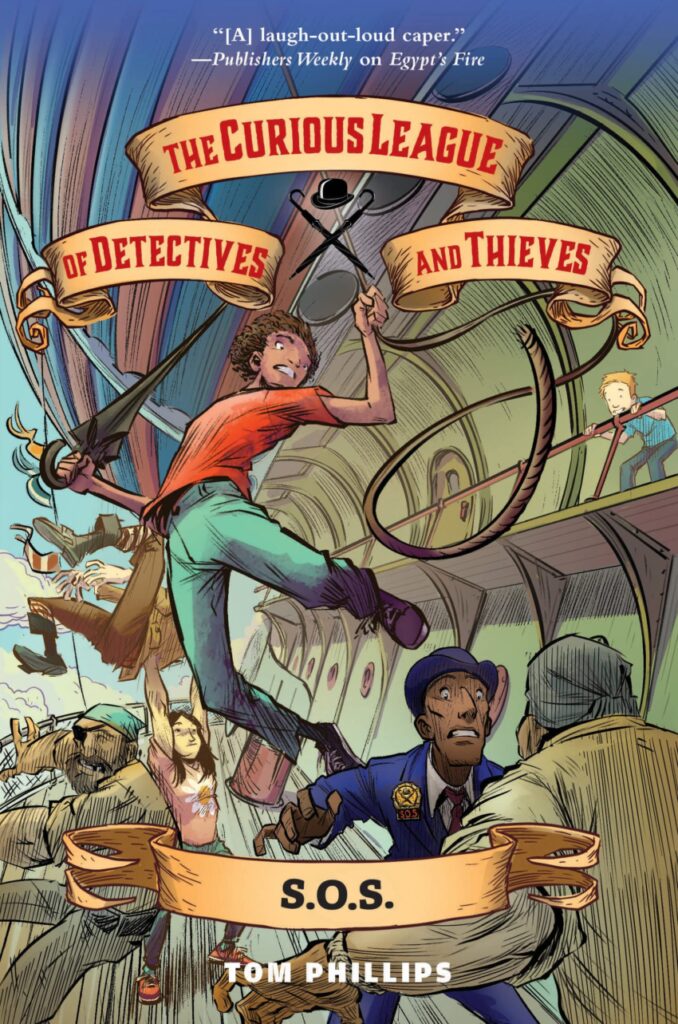
Men of the 65th, Borinqueneers, Korean War and mglit history
Uphill, both ways, that’s the cliché that parents will use when describing how challenging things were when they were younger as compared to today’s children. It’s usually preceded or followed by “back in my day” for full get-off-of-my-lawn effect. In that vein, Men of the 65th: The Borinqueneers of the Korean War has the very challenging goal of making readers care about a regiment that they probably haven’t heard of from a war that they most likely know nothing about. To make things even more problematic, the book is aimed at middle and high school students.
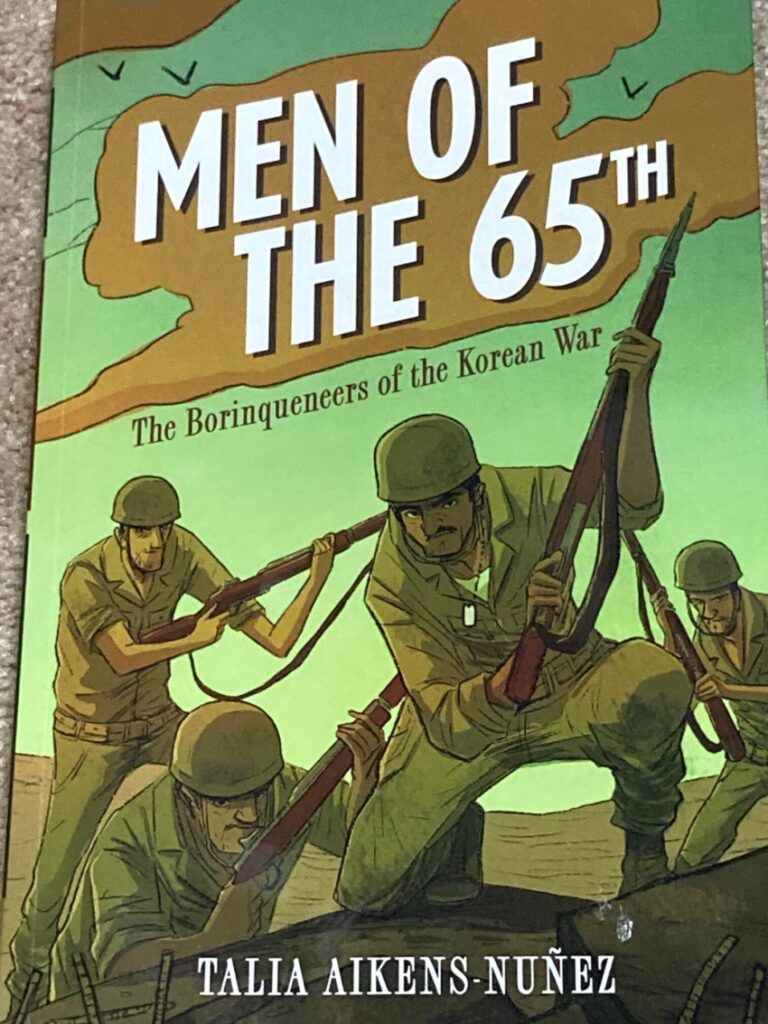
Once Upon Another Time: Happily Ever After sticks the finale
Trilogies are tricky business. Which came first, the trilogy or the story? That’s the question that sometimes vexes readers and reviewers. If you add too much backstory then it could water down the traction that readers would have with the characters, but if you don’t add enough then people won’t be emotionally invested in them. I completely understand the creative will to have more than one book, but am aware that it can be perceived as simply needing multiple entries to sell books. It’s a thin line, isn’t it? Once Upon Another Time: Happily Ever After (or Once Upon Another Time 3) deftly approaches that line, happily looks over it, and then dances back and forth over that line on repeated occasions.
Rounding out the series with fun to spare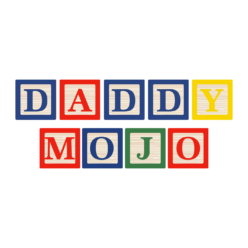
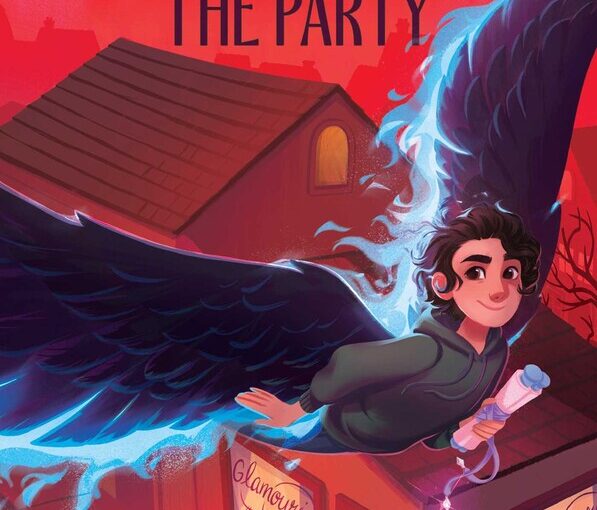
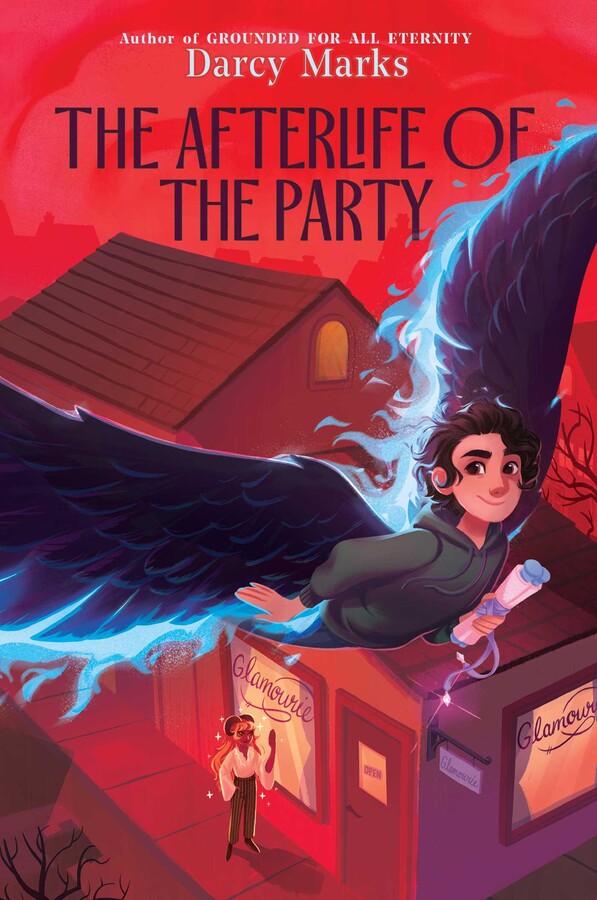
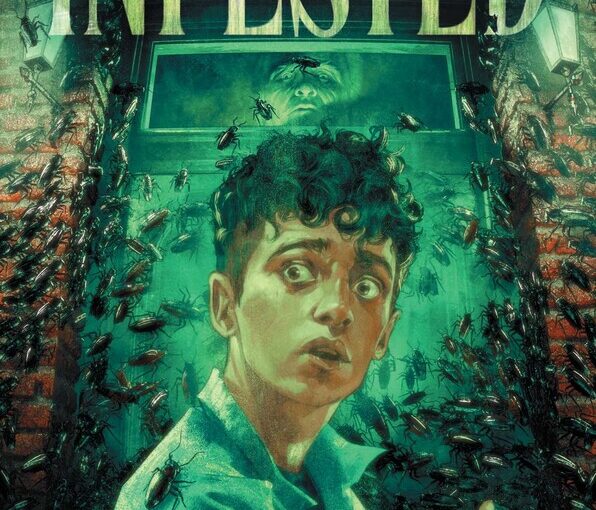
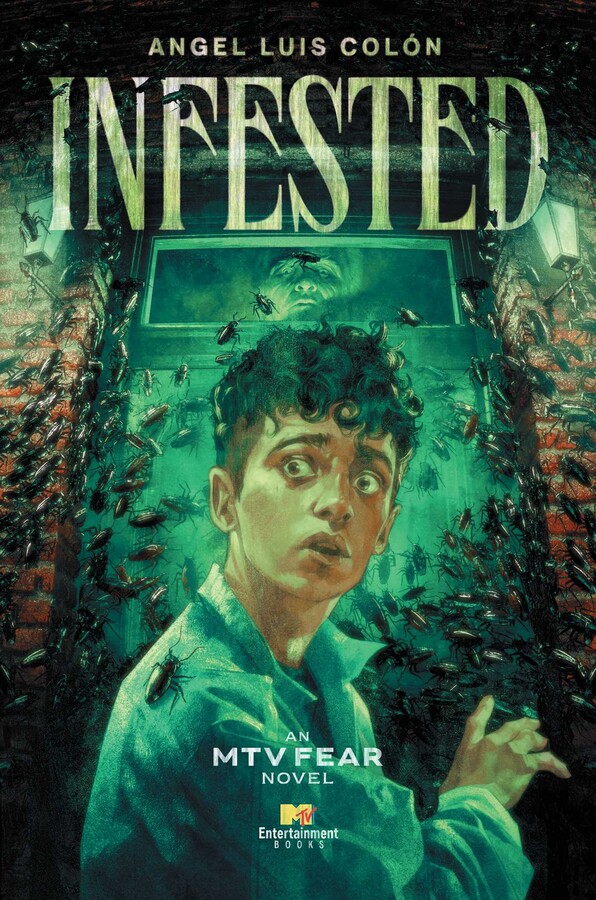
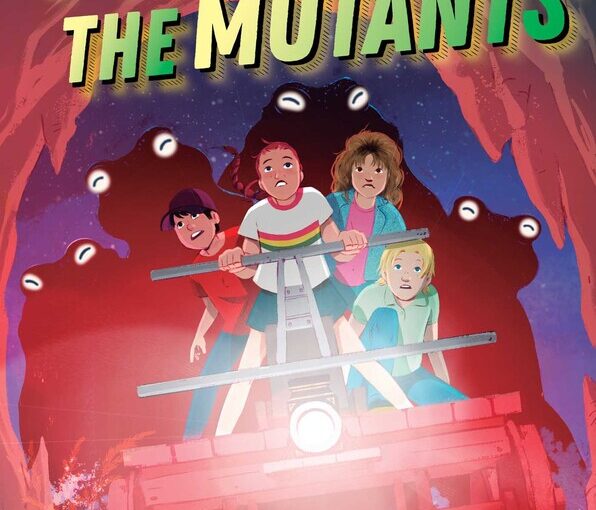
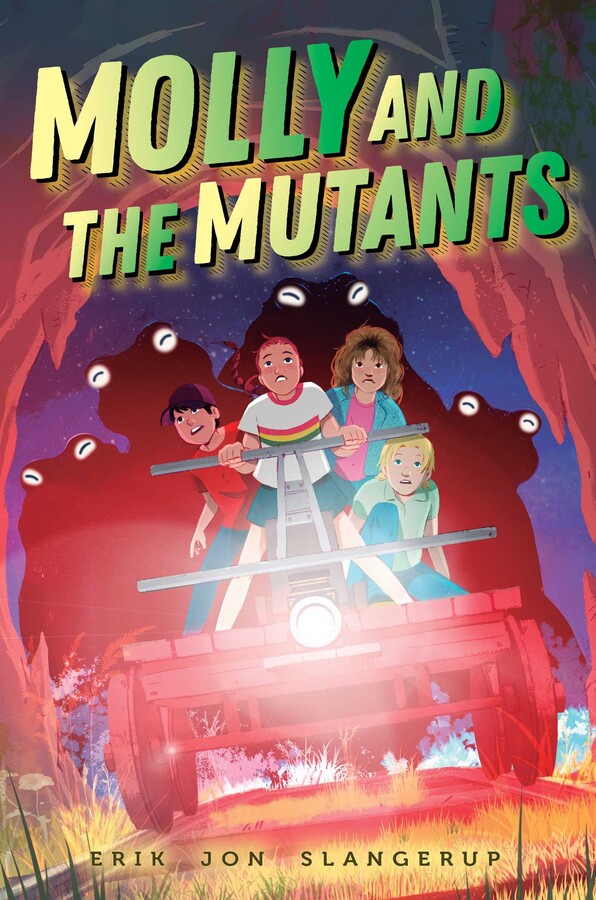
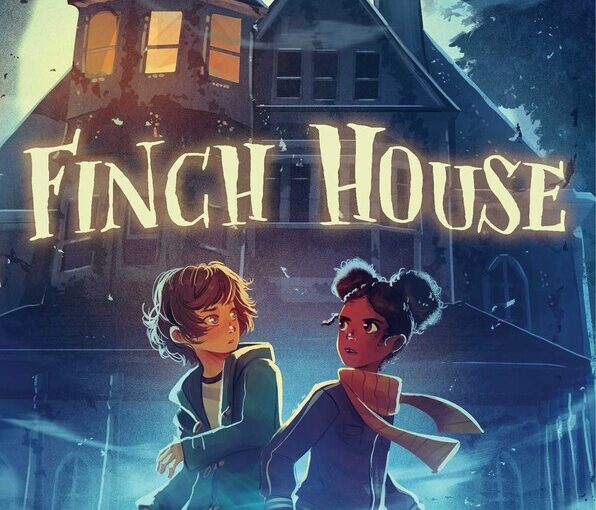
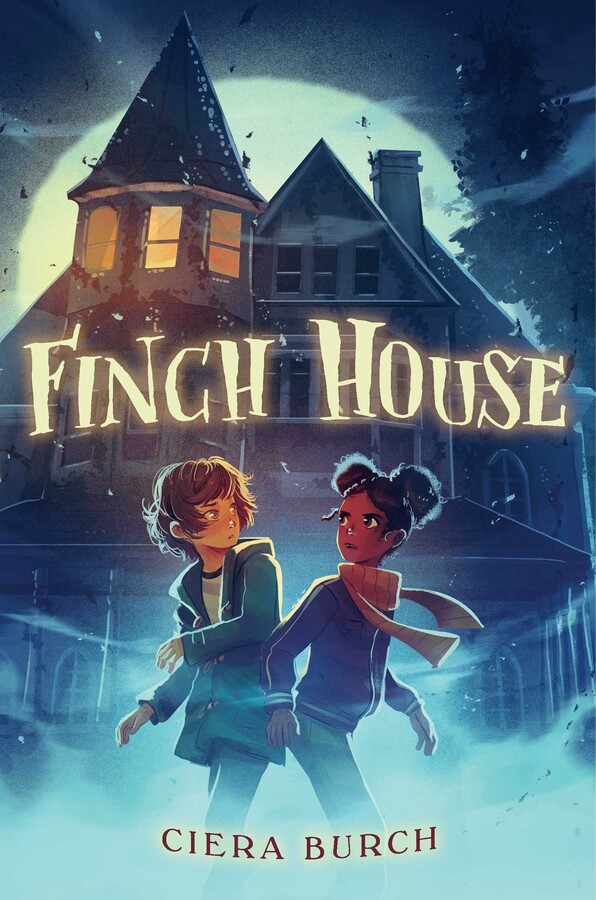
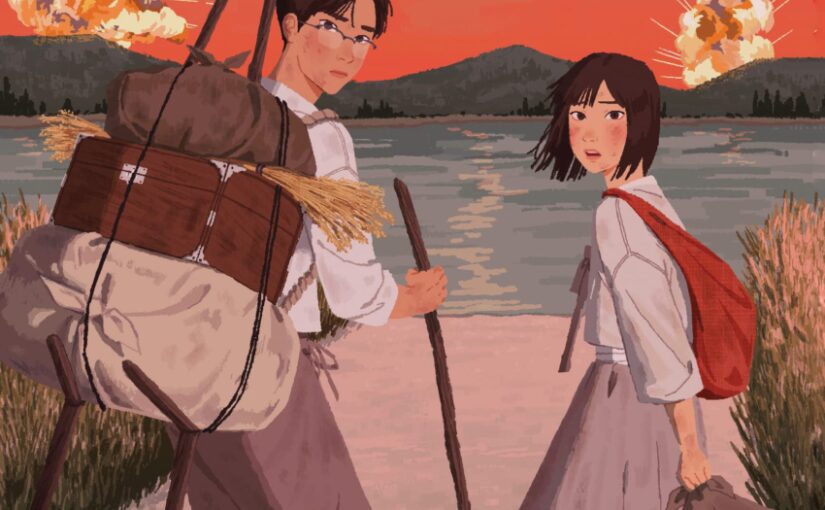
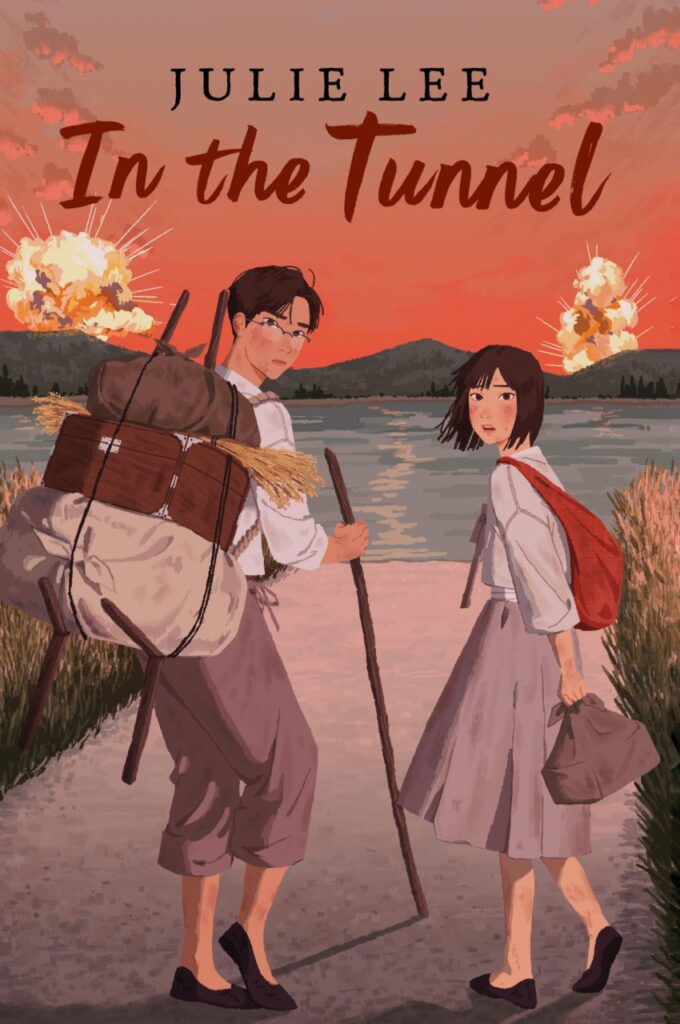
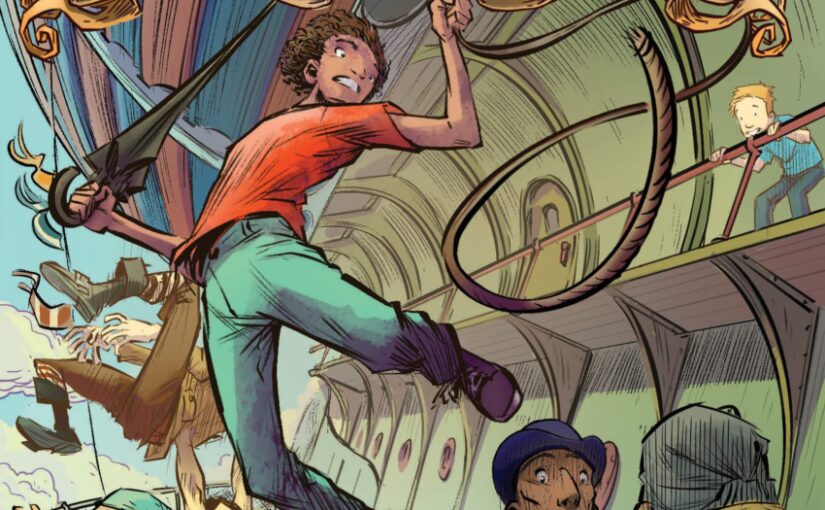

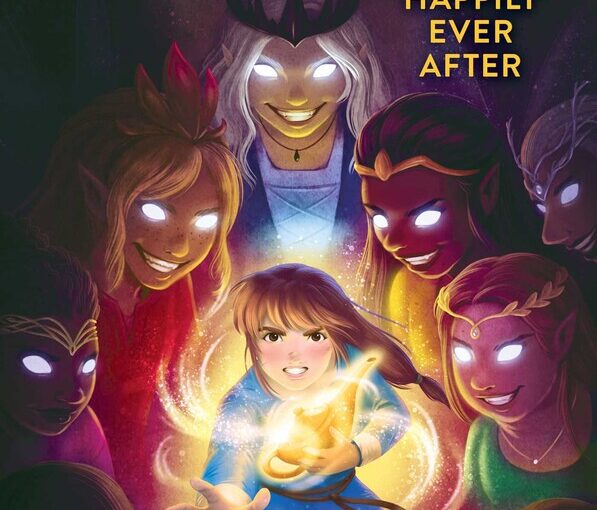
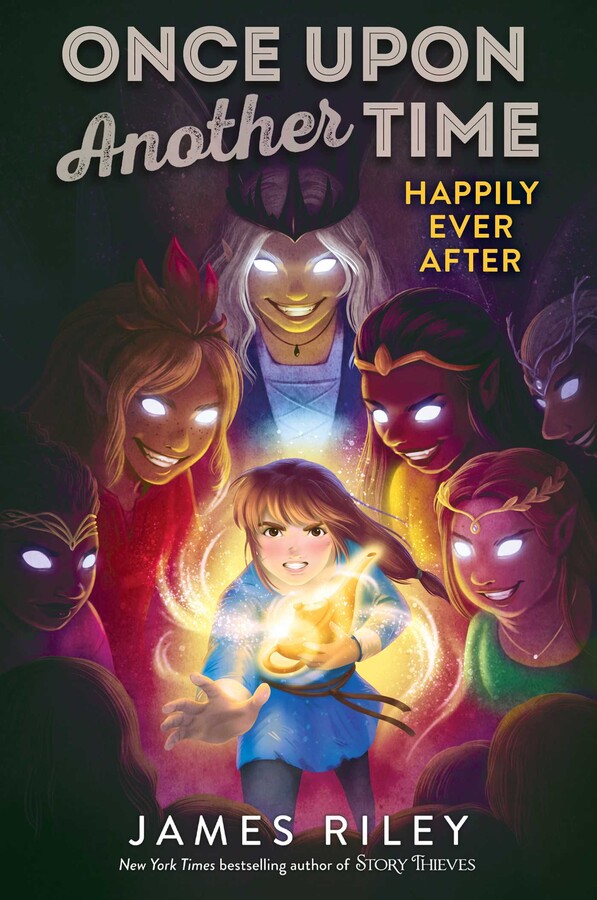


 Facebook
Facebook Twitter
Twitter Flickr
Flickr GooglePlus
GooglePlus Youtube
Youtube